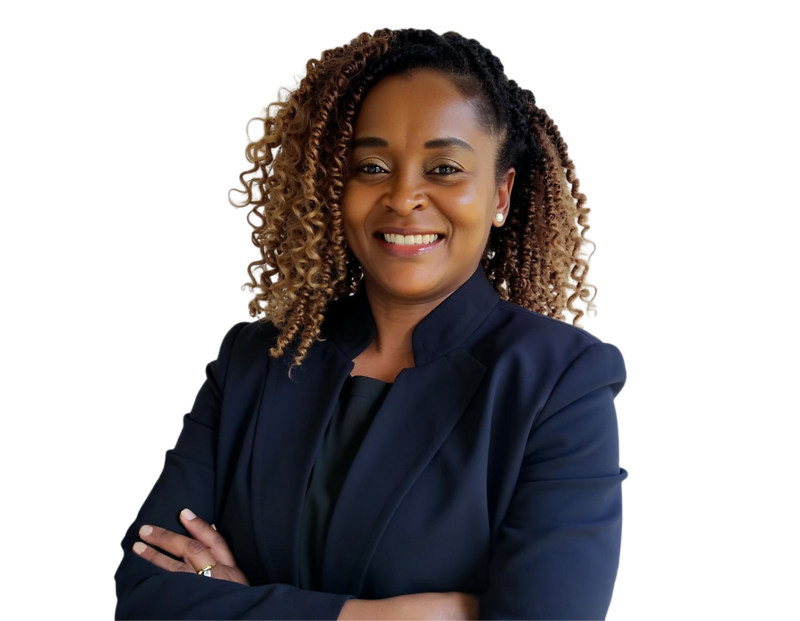New York has just passed major COVID-19 employment laws!
COVID-19 has caused bars, bodegas, and other businesses to shutter in New York City and throughout the state. The New York Legislature and Governor Andrew Cuomo have responded with several new laws designed to reduce the impact of these closures on workers in New York by providing additional paid and unpaid leave and benefits. Governor Cuomo has also signed an executive order requiring employers to limit the number of people working in the office.
Temporary Paid and Unpaid Leave Benefits
Governor Cuomo just signed a law providing temporary paid and unpaid leave benefits to workers impacted by COVID-19. Here are the key provisions of the law:
| Effective Date | March 18, 2020 |
| Paid and Unpaid Leave Benefits (Dependent on Employer Size and Net Income) | Employers with 10 or fewer employees and an annual net income of less than $1 million must provide unpaid sick leave for the duration of any government quarantine order. Employees are eligible for paid family leave benefits (capped at $840.70 per week) and short-term disability benefits (capped at $2,043.92 per week) during the quarantine period. Employers with 10 or fewer employees with an annual net income of more than $1 million and employers with 11-99 employees must provide five days of paid sick leave then unpaid sick leave for the duration of any government quarantine order. After exhaustion of the paid leave, employees are also eligible for paid family leave benefits (capped at $840.70 per week) and short-term disability benefits (capped at $2,043.92 per week) during the quarantine period.
|
| Accrued Sick Leave | Employers must provide COVID-19 leave “without loss of an … employee’s accrued sick leave.” Thus, COVID-19 leave is in addition to the employee’s accrued but unused sick leave. |
| Restoration to Same Position, Same Pay, and Same Terms of Employment | Upon return from COVID-19 leave, an employer must restore an employee to the same position they held prior to the leave with the same pay and other terms and conditions of employment. |
| Discrimination and Retaliation | Employers are prohibited from discriminating and retaliating against an employee for taking COVID-19 leave. |
| Expansion of the Definition of “Disability” | The definition of “disability” includes any inability of an employee to perform his or her regular duties because of any government quarantine order, “when the employee has exhausted all paid sick leave provided by the … employer under this act.” |
| Expansion of the Definition of “Family Leave” | The definition of “family leave” includes any leave taken by an employee when an employee is subject to any government quarantine order or to provide care for a minor dependent child who is subject to any government quarantine order. |
| Interaction with Federal Law | Employees will only receive state benefits to the extent those benefits exceed the benefits under any applicable federal laws. |
| Exemption | Employers do not have to provide temporary benefits to an employee who is asymptomatic or has not yet been diagnosed with any medical condition and is physically able to work while under government quarantine order, whether through remote access or similar means. Employers also do not have to provide paid sick leave to individuals who voluntarily traveled to countries for which a Level Two or Three travel health notice exists, if the employee was provided notice of the travel health notice and the provisions of this act. |
Potential Permanent Paid and Unpaid Leave Benefits
In addition to leave and benefits related to the COVID-19 pandemic, Governor Cuomo and the New York Legislature also discussed providing permanent paid and unpaid leave benefits to workers after the pandemic is over. These permanent benefits were included in the original draft of the COVID-19 legislation, however, upon information and belief, they were omitted from the bill that Governor Cuomo signed on March 18, 2020. This subject will likely be revisited before the New York Legislature’s budget deadline on April 1, 2020.
Unemployment Insurance
Employees who are not working due to COVID-19 closures or quarantines may also be entitled to unemployment insurance. The state recently announced that it has waived the traditional seven-day waiting period, which means that there is now no delay between the date of unemployment and date of receipt of unemployment insurance benefits.
Workplace Reduction
On March 18, 2020, Governor Cuomo issued Executive Order No. 202.6 that requires all non-essential businesses to implement work-from-home policies and reduce their in-office workforce by 50 percent no later than 8 p.m. on March 20, 2020. Essential businesses include healthcare providers, utilities, airports, shipping, media, warehousing, grocery and food production, pharmacies, and banks and related financial institutions are exempt from this requirement.
On March 19, 2020, Governor Cuomo has announced that employers must reduce their in-office workforce by 75 percent rather than 50 percent. The governor has not yet issued an executive order regarding this change, however.
Other Existing Laws
Finally, do not forget about the existing state and city employment laws, which are still in effect during the COVID-19 crisis. Those laws include New York City’s Paid Safe and Sick Leave Law, New York State’s Paid Family Leave Law, and New York State’s Mini-WARN Act.
If you have any questions during this constantly evolving situation, please contact our New York City Office.
Please be aware that substantial changes in the governmental guidance and underlying laws are occurring on almost a daily basis, which will impact the analysis of the legal issues related to COVID-19. It is critical that you check the Resource Center often for the most recent information and stay in continual contact with your Constangy attorney.
This is Constangy’s flagship law blog, founded in 2010 by Robin Shea, who is chief legal editor and a regular contributor. This nationally recognized blog also features posts from other Constangy attorneys in the areas of immigration, labor relations, and sports law, keeping HR professionals and employers informed about the latest legal trends.





































